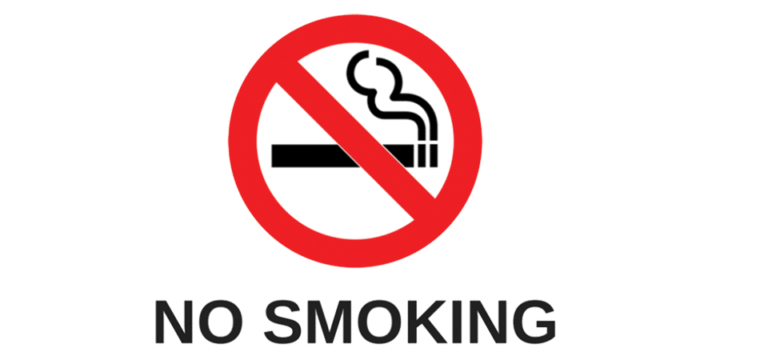
Smoking continues to be one of the leading causes of death, illness and impoverishment globally. The World Health Organisation (WHO) states that 8 million people die every year because of tobacco consumption globally. In case of Nepal, tobacco consumption kills more than 27,000 people annually, according to official data.
Concerned stakeholders across the world have been lobbying with authorities to create a favourable environment to motivate people towards quitting tobacco consumption through a slew of efforts. Many of such efforts have paid off in different parts of the world as great many people have quit consuming one.
The WHO estimates there are 1.3 billion tobacco users globally. To bring down that number, the organisation has launched several campaigns, one of which is celebrating World No Tobacco Day, themed “Commit to Quit”. In addition, it clarifies that in contrary to popular saying “quitters never win,” the real winners in the case of tobacco consumption are those who quit.
The good news for the organisation is that a growing number of smokers are expressing their desire to quit smoking in light of the fact that smokers are at elevated risk of not only contracting the coronavirus but also likely to succumb to the bug .
“The campaign aims to empower 100 million tobacco users to make a quit attempt by creating networks of support and increasing access to services proven to help tobacco users quit successfully,” reads WHO’s statement.
Experts argue that there is a need of providing necessary resources to help smokers quit smoking, because over 70 per cent of the global tobacco users lack access to the tools essential to quit it.
Speaking at a webinar organised by the National Health Education Information Communication Centre (NHEICC) of the Ministry of Health and Population alongside The Union and Action Nepal (non-government organization) on the occasion of World No Tobacco Day on Monday, several experts argued that there was a need of more effective intervention to reduce tobacco consumption.
“We prioritise providing resources to authorities to help people quit smoking. Nevertheless, there is a lot more to be done because multiple approaches are required to eradicate consumption of tobacco products,” said Dr. Rajesh Sambhajirao Pandav, WHO representative to Nepal.
According to doctors, smokers underestimate the detrimental effects smoking has on human health.
“The most common is lung cancer which smokers believe as the only disease they will suffer from. However, it is not so,” said Dr. Om Murti Anil, a senior cardiologist.
Dr. Anil elaborated that while
regular smokers are at elevated risk of suffering from a host of health hazards, those who do so casually are also at risks, albeit at lesser extent.
“Even those smoking only a few times are at risk of suffering from heart attack, brain stroke, blood pressure and cholesterol, among others,” said Dr. Anil during the webinar.
The data show that among the 8 million deaths due to tobacco consumption, 1.2 million are the result of non-smokers being exposed to second-hand smoke.
Similarly, the government has been levying heavy taxes on tobacco-related products, which in turn has increased their prices. But that has not deterred many from consuming them. Experts urge the authority to take concrete steps at the ground level.
“The government must reach the ground level and interact with children and youths. They must be taught about the harm of tobacco consumption. Their selling should also be effectively regulated, but that has not been the case to date,” said Ananda Chand, Action Nepal director, an organisation working to control tobacco use.
Meanwhile, the government officials assured that they were actively working to lower the tobacco consumption and to reduce chances of people suffering from several non-communicable diseases.
“We have been coordinating with every sector to raise awareness on the adverse effects of tobacco consumption, for which policy after policy has been laid out. We acknowledge that our activism has slowed down because of the ongoing pandemic, but will intensify to pre-pandemic levels once it is over,” said Mahendra Prasad Shrestha, Ministry of Health and Population chief specialist.
Source : THE RISING NEPAL,






